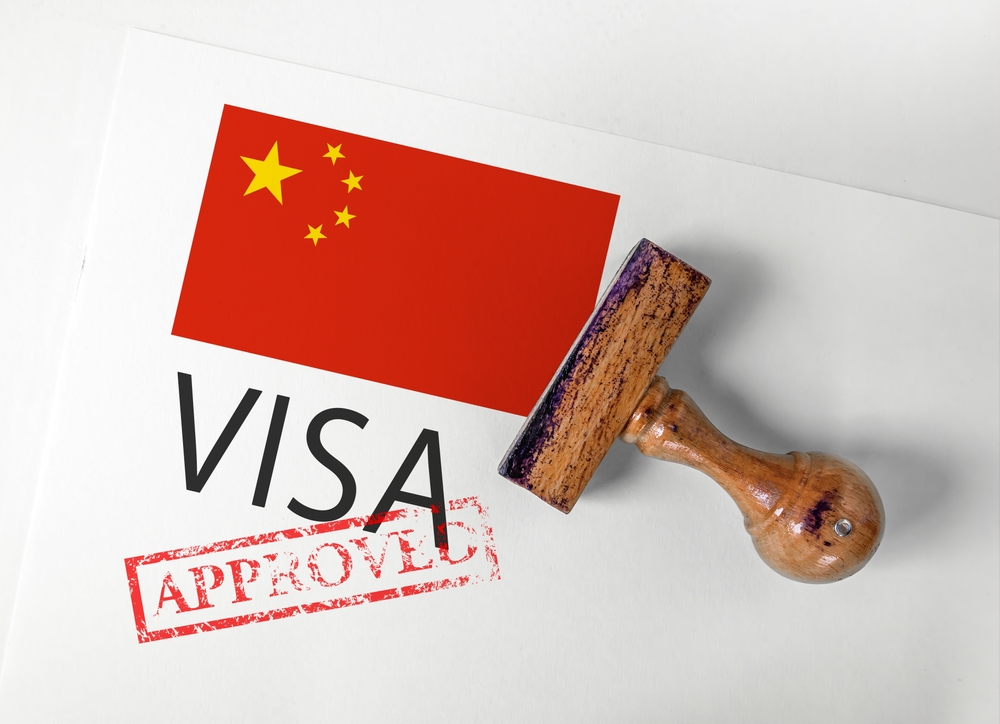When we first introduced the concept of delivering green meetings, it was not widely accepted across our client base. Luckily, we had a small number of very forward-thinking clients that we were able to work with to develop new and innovative methods of delivering environmental, social and commercial return. One of the major benefits of having this experience is that it allowed us to create case studies to share with other clients who remained unconvinced by the benefits of going green.
In sharing best practice, we were able to encourage a much wider number of our client base to incorporate environmental initiatives into their planning processes and standard operating procedures.
Having said this, we still believe only a small percentage of companies are implementing green initiatives in their events. Very few companies are actually leading the way by ensuring it is the cornerstone of all their activity. As one of the leading international agencies, we feel it is our duty to educate our client base in this respect.
Most large companies have a CSR policy, and it should be reviewed at the outset of organising an event to see where it can be aligned. This helps focus the organiser’s mind on creating a responsibility towards staff, suppliers and the greater community. It also makes good business sense, driving best practice and ensuring that businesses and events are sustainable.
What is interesting is that many people still believe that being a responsible, sustainable business is an expensive job. A green event can be delivered with little or no extra resource or cost, and many venues now have comprehensive programmes in place to support you. Being sustainable can actually lead to more cost-effective events and a better return on investment. This is a message that can go a long way in the current economic landscape.
Finally, it is worth noting that a new international standard for sustainable event management, ISO 20121, will be launched in the coming months. This will be the first internationally recognised framework created specifically for the event industry. The ISO standard will support companies to consider the economic, environmental and social impact of their events.
Leading sustainability practitioners and governance bodies external to the event industry may put increased pressure on companies to start using these systems and frameworks. We will certainly be watching with interest to see how widely it is adopted.


